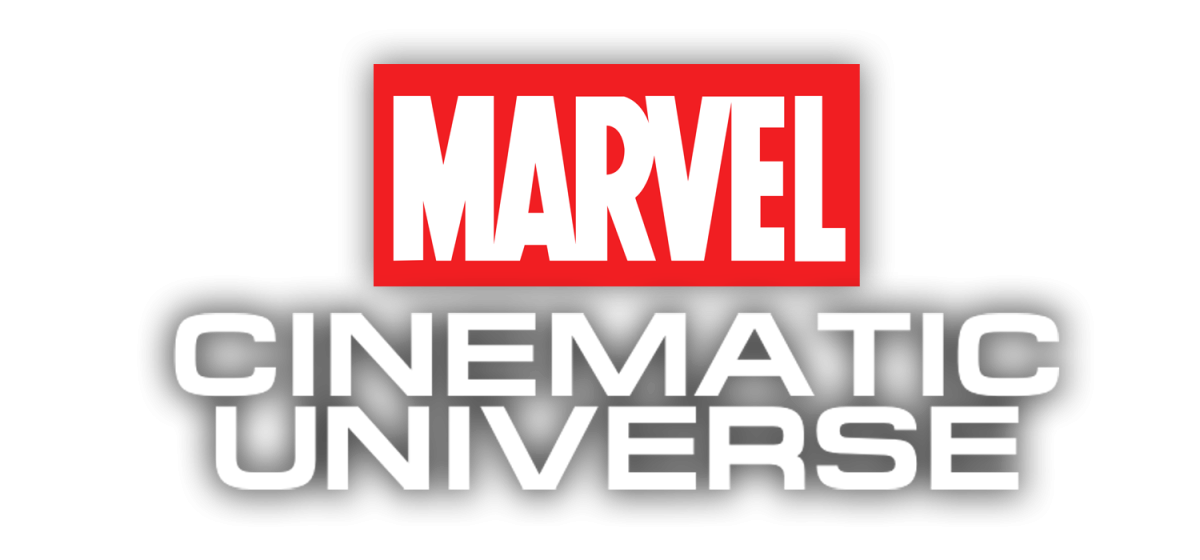We live in the age of the cinematic universe. Over the past ten years, Marvel has popularized a cinematic trend that has taken hold of the minds of filmmakers and audiences alike. The Marvel Cinematic Universe has grown from nothing into one of the most successful film franchises in history in merely a decade, and the concept of a world shared between characters and storylines has taken off. With DC’s universe growing in size and franchises like Star Wars and Harry Potter branching off into the realm of side stories, it looks like we’ll be seeing the development of a lot more cinematic universes in the future. But what exactly does that mean for the future of cinema?
Personally, I’m excited for where the realm of shared universes can take us. As 2018’s “Infinity War” showed, having a backstory for each character established long before the climactic conclusion can free filmmakers up to focus on telling a story without having to slow down to catch audiences up on an emotional front. In other words, cinematic universes provide filmmakers more freedom in how they want to tell their story. “Infinity War” made masterful use of ten years of cinematic universe background to tell the story of fifty different characters at once. It succeeded in that endeavor because of the 18 previous films that it drew from. It fully expected you to know each of the characters and where they came from, and as such never slowed down to explain. For movies without a cinematic universe, or with a poorly formed one, as was the case with Justice League, focusing on such a massive ensemble of characters would come across as far too disjointed. A good cinematic universe can make all the difference.
Another positive aspect of the cinematic universe is that it allows a rich lore to be established. Sometimes background isn’t just about characters and their origins, but the nature of the fictional world itself. In the Harry Potter and Star Wars cinematic universes, lore is profoundly important. It teaches us about the world the characters live in and establishes precedent about what the characters themselves are capable of. Can you imagine going to see “Rogue One” without knowing what the Force is? Or going to see “Crimes of Grindelwald” without knowing how J.K. Rowling’s magic works? Again, having a cinematic universe to provide background for the audience allows filmmakers to focus on telling the story they want to tell without getting bogged down in details. It simplifies things.
That said, not everything about a cinematic universe is good. What I am most concerned about, despite my enthusiasm at their growing popularity, is that the cinematic universe format could contribute to a decline in stand-alone films, particularly dramas. While the cinematic universe does lend itself particularly well to action and fantasy movies, it does not have the same freeing effect on dramas. A drama’s purpose is generally to tell the story of one character in immense depth. There is usually little to no lore, because they frequently are set in the real world. As such, dramas lend themselves very well to the stand-alone movie format. The story of the character is told, and then audiences move on. There is no background. The characters don’t perpetually find themselves in more and more trouble. There is resolution. So, if moviegoers are trained to always be waiting for the next Marvel, Star Wars or Harry Potter film to come out and to never invest in new or unknown characters, we may see a decline in stand-alone dramas, and that would be a tragedy.
Age of the cinematic universe
January 24, 2019
Photo by Creative Commons
Marvel Cinematic Universe
0
Donate to The Battalion
$1815
$5000
Contributed
Our Goal
Your donation will support the student journalists of Texas A&M University - College Station. Your contribution will allow us to purchase equipment and cover our annual website hosting costs, in addition to paying freelance staffers for their work, travel costs for coverage and more!










